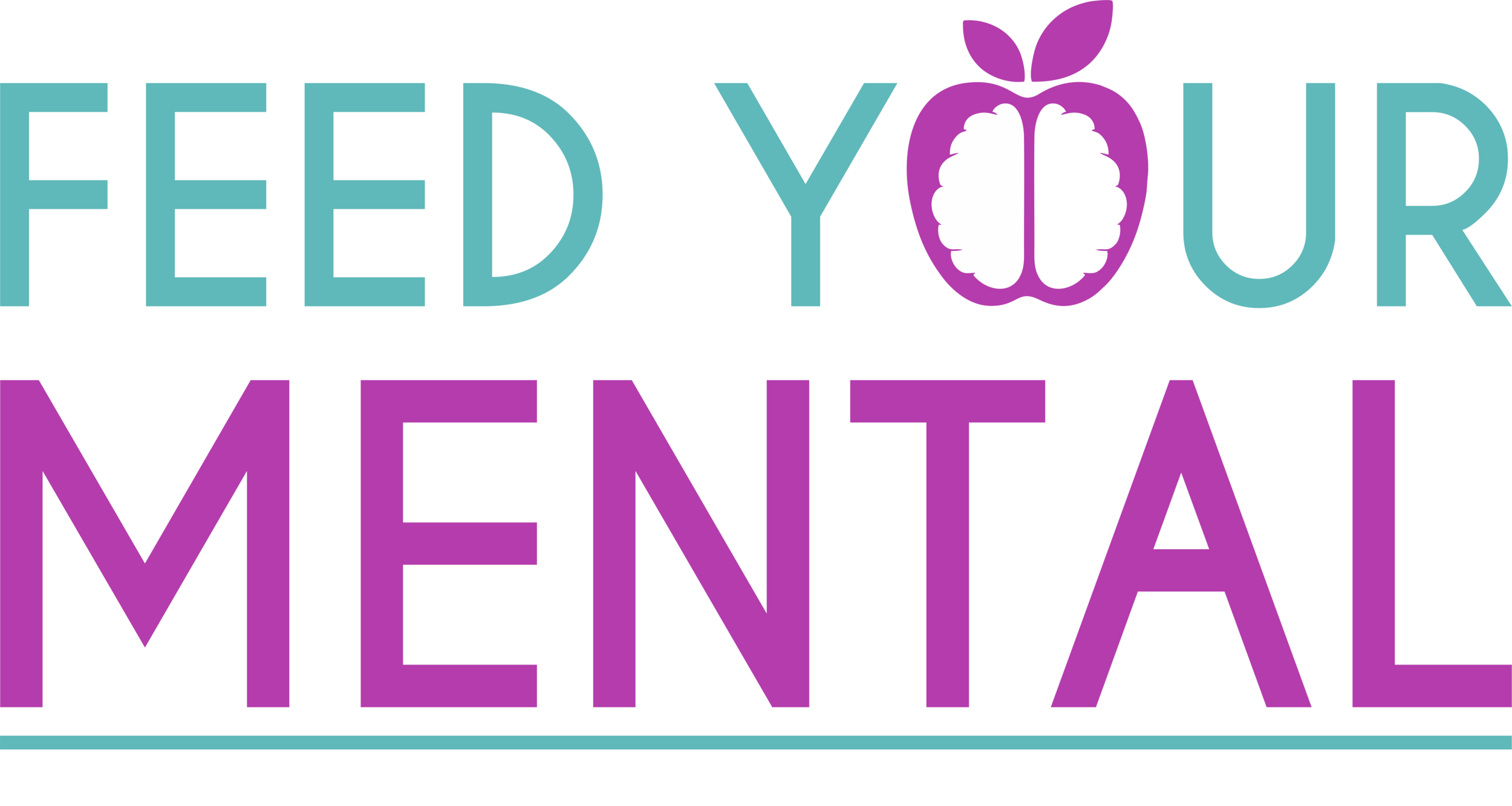Frequently Asked Questions
what is a nutritional therapy?
Nutritional therapy applies a scientific evidence based approach that looks at the person comprehensively, meaning that health is achieved by examining many aspects of a person’s life i.e. diet, lifestyle, stress management, etc. Nutritional science has demonstrated that all the systems of the body are connected (digestive, mind, cardiovascular, reproductive, etc.). Nutritional therapists believe that chronic illness is preceded by physiological imbalances in a variety of these systems. The focus, therefore, is on identifying and addressing these imbalances that exist by correcting nutritional and lifestyle deficiencies. Nutritional therapy also recognizes the biological uniqueness of each person, meaning that what works for one person, may not work for you. This process is about learning how your body and mind work best and what foods will help you feel your best and why.
The assessment is completed using a comprehensive health questionnaire that you will complete prior to your first consultation appointment. The assessment is further enhanced by your completion of a Food and Mood Journal that we will continually assess and monitor. The data from these tools is considered to develop a nutrition and lifestyle plan which is usually adjusted over time as your symptoms improve and nutritional status changes. At Feed Your Mental, we believe in making sustainable changes that will effectively impact your physical, mental, and emotional health. Understanding why are you making these changes, why these changes will help you achieve your personal goals, and the science behind the reasons for making these changes, will help you achieve the kind of health you are searching for.
what can nutritional therapy help me with?
Low energy/ fatigue
Hormonal and reproductive issues, such as premenstrual syndrome (PMS), menopause and peri-menopause
Mood related conditions, such as stress, anxiety and depression
Digestive conditions, such as irritable bowl syndrome (IBS), constipation, diarrhea and bloating
Weight management
Skin conditions, such as acne, eczema, psoriasis and dermatitis
Cardiovascular conditions, such as high cholesterol and blood pressure
Musculoskeletal conditions such as rheumatoid and osteo-arthritis
Food intolerances and allergies
Learning about sustainable scientifically based nutritional and lifestyle practices
Understanding how food can help your mind and body heal/feel less stressed and more calm/feel more energetic and vibrant/etc. using scientific evidence
